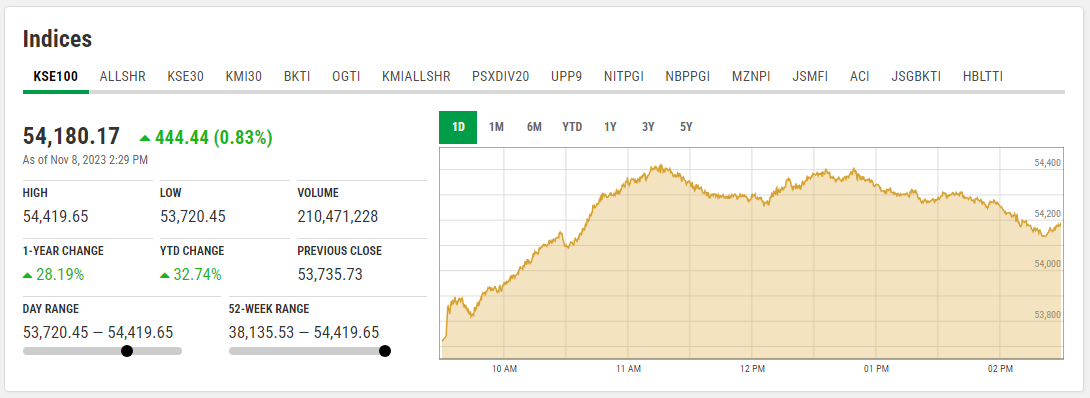PTBP Web Desk
The Guardian, a leading British newspaper with a significant online presence, has announced its decision to cease posting on X, the social media platform previously known as Twitter. This move, detailed in an editorial published on Wednesday, positions the Guardian as the first major UK media company to step back from X, citing the proliferation of “disturbing content” including racism and conspiracy theories as the primary reasons.
Withdrawal from X: The Guardian, boasting over 10.7 million followers on X, has decided that the platform no longer aligns with its values. “We think that the benefits of being on X are now outweighed by the negatives,” stated the editorial, emphasizing that their resources would be better utilized in promoting their journalism on other platforms.
Content Concerns: The decision comes after a prolonged period of reflection about the platform’s content, which has increasingly been criticized for hosting far-right ideologies, conspiracy theories, and racist remarks. The Guardian’s editorial reflects a broader concern about the quality of public discourse on social media.
Elon Musk’s Influence: Since Elon Musk’s acquisition of Twitter (now X) in 2022, there’s been a noticeable shift in the platform’s moderation policies. Musk’s advocacy for free speech has been interpreted by critics as a laissez-faire attitude towards content moderation, potentially fostering an environment where disinformation and hate speech thrive.
Public and Institutional Responses: The Guardian’s action follows a trend where various British entities are reevaluating their use of X. For instance, last month, Reuters reported that a British police force had also ceased posting on X, with several others contemplating similar moves. Charities, health, and educational institutions have similarly distanced themselves from the platform.
Musk’s Dismissive Comment: In response to the Guardian’s announcement, Musk took to X to dismiss the newspaper’s significance, stating, “They are irrelevant.” This response underscores his often confrontational approach towards critics.
Political Engagement: Musk’s political affiliations, including his support for Donald Trump, have also stirred debate about the influence of political biases on platform management. Trump recently appointed Musk to a governmental role focused on enhancing administrative efficiency, suggesting a close relationship between the tech mogul and political power in the U.S.
Recent Incidents: The role of social media platforms like X in exacerbating social tensions has been highlighted by events in the UK. For example, far-right violence erupted in Southport after misinformation spread on X regarding an attack, wrongly attributing it to an Islamist migrant.
Policy Adjustments: While the British government continues to maintain a presence on X, it has shifted away from using it for paid advertising, focusing instead on platforms like Instagram and Facebook, as reported by Reuters. This indicates a nuanced approach in state communications strategy, balancing between maintaining public engagement and avoiding association with controversial content.
Media Responsibility: The Guardian’s withdrawal from X might prompt other media organizations to reassess their social media strategies, considering not only audience engagement but also the ethical implications of where and how content is shared.
Platform Governance: This case exemplifies the ongoing debate over how social media platforms should be governed. The balance between freedom of speech and the prevention of harmful content remains contentious, with significant implications for public discourse, policy-making, and community safety.




